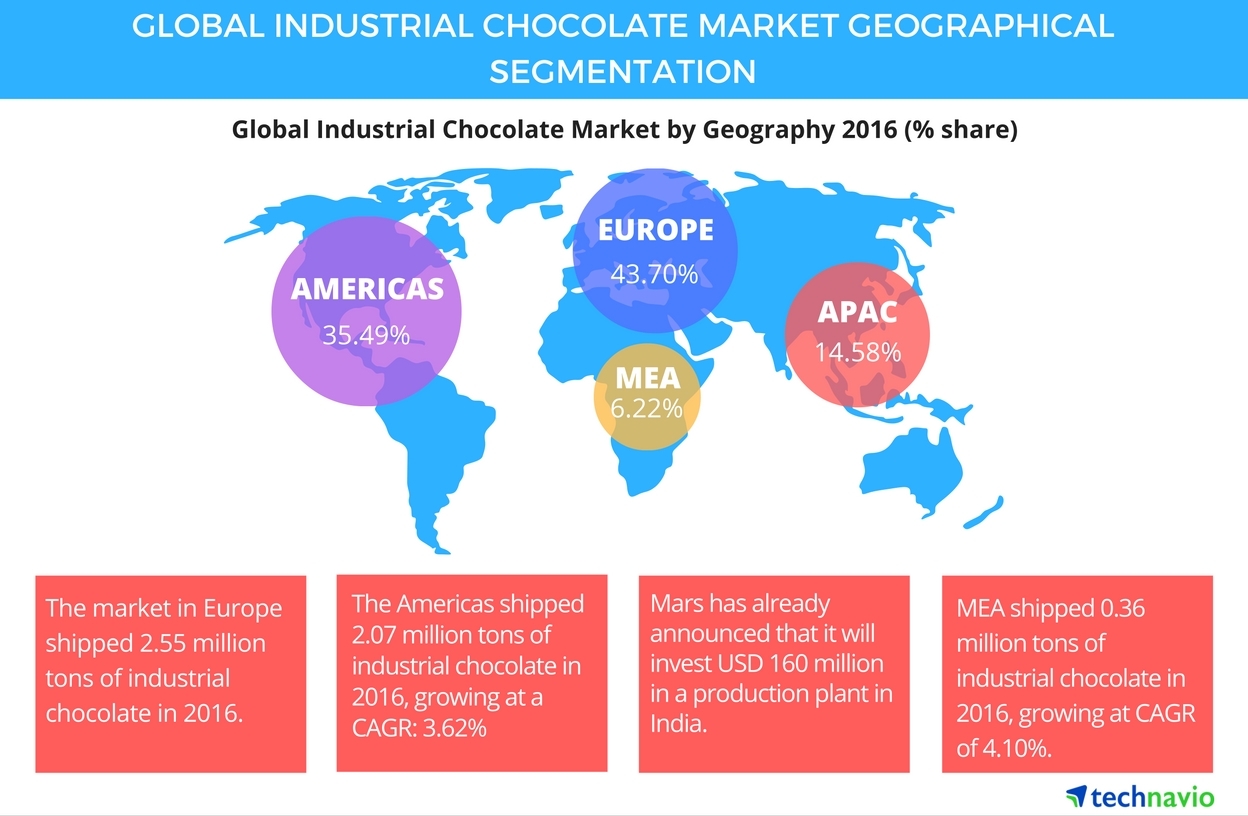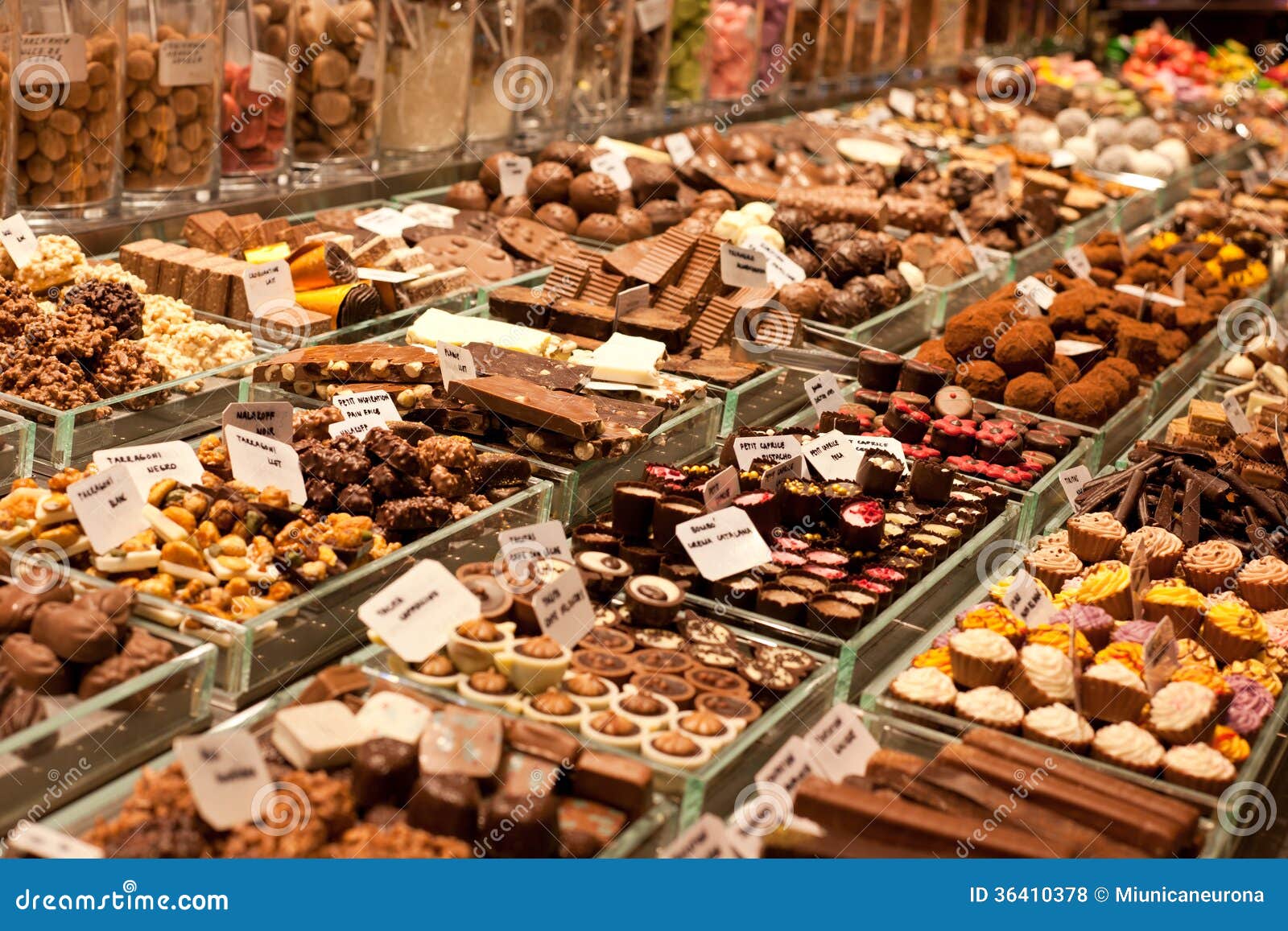Europe Premium Chocolate Market Trends & Forecasts 2024-2030
Could the seemingly simple indulgence of chocolate be a reflection of global economic shifts and evolving consumer preferences? The answer, according to recent market analysis, is a resounding yes, with the chocolate industry currently experiencing a period of significant transformation and robust growth.
The European premium chocolate market, for instance, has established itself as a key player. In 2024, this segment accounted for a significant 40.6% revenue share within the continent, highlighting the region's strong appetite for high-quality chocolate experiences. This surge is fueled by a confluence of factors, most notably the increasing consumer awareness of the health benefits associated with premium dark chocolates. These dark chocolate varieties, often rich in essential nutrients and vitamins, are increasingly seen as a healthier indulgence, driving demand and shaping market trends. The landscape, however, extends far beyond Europe, with developments unfolding across the globe, offering a complex and intriguing picture of the industry's current state and future trajectory.
To better understand the dynamics of this industry, consider the following overview of key market players and trends:
| Aspect | Details |
|---|---|
| Market Overview | The global chocolate market is a dynamic industry, currently experiencing growth and change, as seen in various regions such as Europe, the United States, and China |
| Market Size (2024) | Globally, the chocolate market reached a value of approximately $133.32 billion. In 2023, the global chocolate market size was estimated at USD 119.39 billion |
| Projected Growth | The global market is expected to reach USD 161.99 billion by 2032, with a CAGR of 3.4%. Other forecasts anticipate USD 167.88 billion by 2032, growing at a CAGR of 4.87% during the forecast period. |
| Key Trends |
|
| Regional Insights |
|
| Major Players |
|
| Market Drivers |
|
| Segmentation | Based on type (dark, milk, white), sales category, and geography. |
| Competitive Strategies | Major players are employing mergers and acquisitions, strategic agreements, and new product launches to maintain market presence. |
Source: Grand View Research
The dynamic nature of the chocolate market is further illustrated by the diverse strategies employed by major players. Mergers, acquisitions, strategic partnerships, and the constant introduction of new product variations are common tactics. These efforts are designed to capture consumer attention and maintain market share within a competitive landscape. The focus on consumer preferences, particularly in regions like Latin America, the Middle East, and Africa, highlights the industry's adaptability. The segmentation of the global chocolate market based on type (dark, milk, white), sales category, and geography provides a granular view of the competitive landscape and growth potential. This also demonstrates the industry's efforts to cater to a wide range of consumer tastes and preferences.
The trends shaping the chocolate market extend far beyond just consumer preferences for different chocolate varieties. The rise of health-conscious consumers is a particularly impactful driver. The increased demand for dark chocolate, with its associated perceived health benefits, is a prime example. The rise of vegan chocolates is another, reflecting the broader shifts in dietary choices and lifestyles. Factors like rising disposable incomes play a significant role, as consumers are increasingly willing to spend more on premium and indulgent products. This shift supports the growth of the premium chocolate segment.
Looking at specific regions, the market dynamics take on unique nuances. In Europe, Germany stands out as a significant market, due to its high per capita chocolate expenditure and a well-established appreciation for both premium and traditional chocolates. The United Kingdom also shows how the market is concentrated, with five major manufacturers accounting for a substantial 70% of total retail sales in the everyday chocolate category during 2023/24, with Mondelz holding the largest market share. Further afield, the India chocolate market is projected for strong growth, and the Chinese market, fueled by a large and growing consumer base, is expected to continue its upward trajectory. The United States market is witnessing major shifts, particularly with the growing popularity of vegan chocolate.
The projections for the future are promising. The forecast period of 2026 to 2032 indicates a steady growth trajectory, with various sources estimating a CAGR ranging from 4.7% to 5.1%. These forecasts anticipate substantial market size increases, providing a strong indication of the chocolate industry's sustained vitality. These growth projections are fueled by the factors discussed, along with innovation in product offerings and expansions within emerging markets.
In conclusion, the chocolate market is a complex and dynamic ecosystem. It is shaped by consumer preferences, evolving health trends, economic factors, and the strategic moves of major players. From the dominance of premium chocolate in Europe to the growing demand for vegan options and strong growth forecasts across different regions, the future of the chocolate industry appears to be a sweet one, poised for continued expansion and adaptation. The industry's success depends on staying agile, understanding consumer desires, and capitalizing on emerging opportunities.


